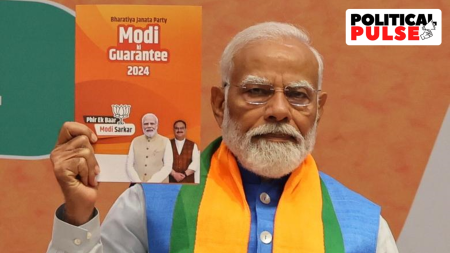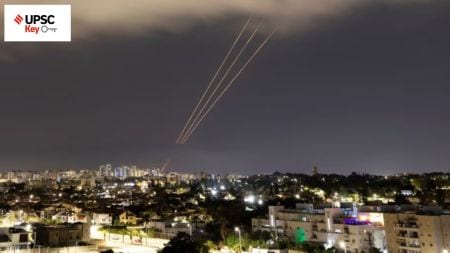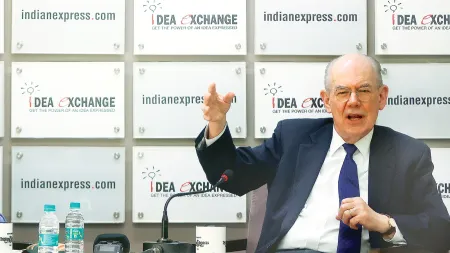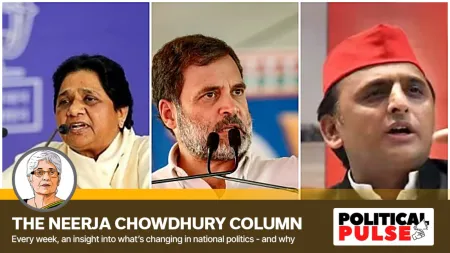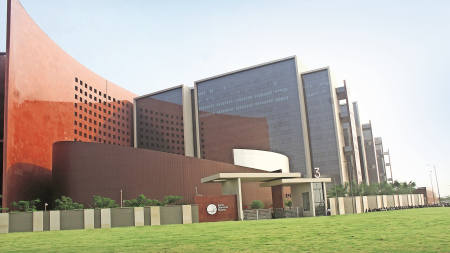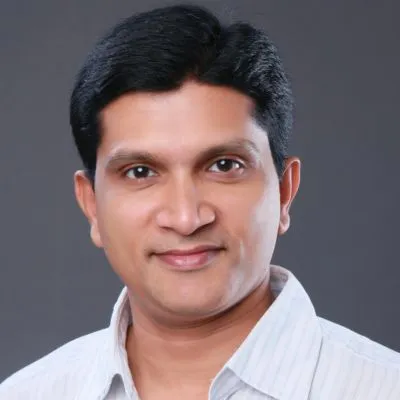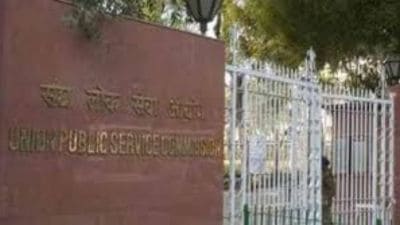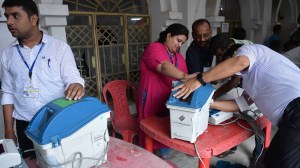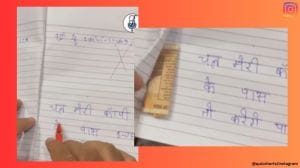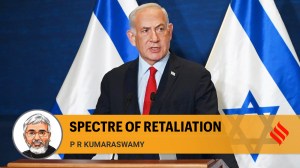- India
- International
Supreme Court junks PIL against pension, benefits to former MPs
The court said the fact that MPs are not an employee of the state does not prevent them from being paid pension, as the term pension does not mean only payments made to former employees, but also pensions for old age, widows, persons with disability, etc.
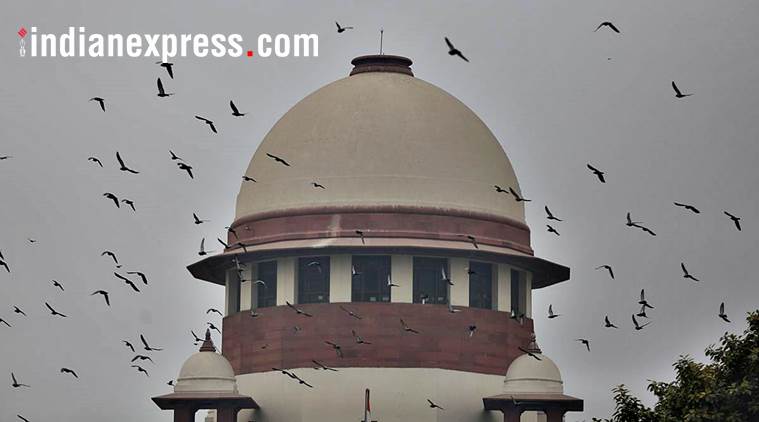 “These are not justiciable issues,” a bench of Justices J Chelameswar and S K Kaul said while rejecting a plea by the NGO Lok Prahari.
“These are not justiciable issues,” a bench of Justices J Chelameswar and S K Kaul said while rejecting a plea by the NGO Lok Prahari.
The Supreme Court on Monday dismissed a petition challenging payment of pensions and other allowances to MPs, former MPs and their associates, saying that these are matters of legislative policy under Parliament’s jurisdiction.
“We are of the view that these questions are in the orbit of the wisdom of Parliament in choosing/changing the legislative policy whether the various benefits created under the impugned provisions are rational having regard to the affluent financial status of some of the MPs or the poverty of the millions of the population etc. These are not justiciable issues,” a bench of Justices J Chelameswar and S K Kaul said while rejecting a plea by the NGO Lok Prahari.
The court said the fact that MPs are not an employee of the state does not prevent them from being paid pension, as the term pension does not mean only payments made to former employees, but also p[ensions for old age, widows, persons with disability, etc.
The NGO had questioned Constitutional validity of certain amendments made to the Salaries, Allowances and Pensions of Members of Parliament Act, 1954. The petition challenged provisions of the Act giving MPs and their associates right of free travel, etc. and providing for pension and right of free travel, etc. to former MPs and their associates.
Referring to an earlier decision which said MPs were not carrying on an occupation as defined under Article 19(1) (g), the bench said this “need not necessarily mean that Parliament is prohibited from making payment of such allowances to MPs if it considers it appropriate having regard to various relevant factors’.”

The court said, “The expression ‘allowances’ of MPs, occurring under Entry 73 of List I of Seventh Schedule, in our opinion is wide enough to cover the payment of ‘pension’ and the other benefits covered by the impugned provisions to MPs or ex-MPs. Even otherwise the authority of Parliament under Entry 97 of List I is wide enough to cover the impugned legislation as held by Common Cause.”
The NGO had challenged the provisions in Allahabad High Court which dismissed it, citing the apex court judgment in the case of Common Cause, A Registered Society v. Union of India in which it was held that Parliament is competent to legislate on pensions for ex-MPs and as a corollary, it has the power to prescribe any condition subject to which the pension may be paid.
The Supreme Court’s judgment on Monday said it was in “total agreement with the conclusion of the High Court on the question of legislative competence”.
The NGO in its appeal contended that contrast in language of various Articles of the Constitution dealing salaries and other allowances of various Constitutional office-holders indicated that framers of the Constitution specifically denied pension benefits to MPs. Therefore, giving post-retirement benefits to ex-MPs and their associates would amount to treating those who were denied the right to pension at par with those whose pension was expressly protected thereby violating equality, it added.
Apr 16: Latest News
- 01
- 02
- 03
- 04
- 05




